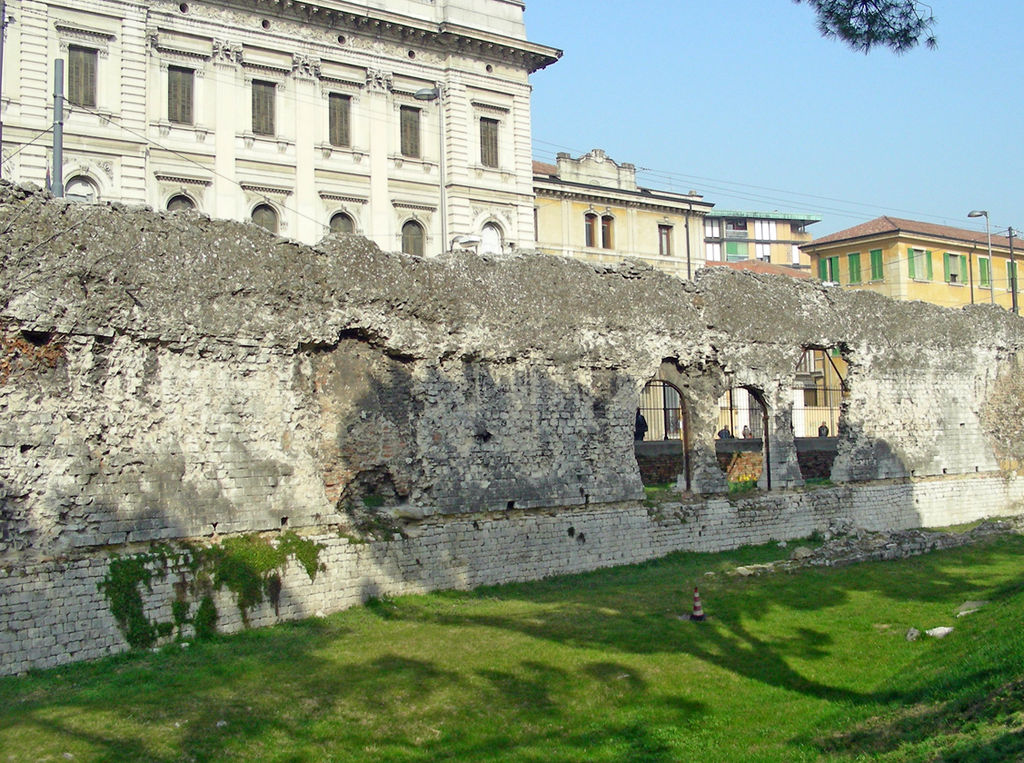Overall Score
Paedia – a city located in the north of Italy, founded by the Turks in the first millennium of our era. At that time, the village was known as Patavion, the origin of which is attributed to the river Pau (on the plane Padus). For the first time Padua is mentioned in «Enneidae» by Herodias, where the Troyian prince Antenor appears as the founder of the city. The townspeople are still proud to say that their little city is one of the oldest in Italy, surpassing Rome, Venice, Verona and many other famous cities.
The history of Padua is fascinating and eventful: In the 7th century the city was destroyed, for several thousand years it had been joined to the territories of many European countries, beginning in the 13th century – has become one of Europes most important scientific centers thanks to the founding of the University of Padua. It should be noted that the universitys professors were at one time Dante, Galileo Galileo (his department is still one of the citys tourist attractions), and one of the most famous students – Nikolai Kopernik.
The history of the city can be talked about a long time, but for tourists its easier to experience it through cultural monuments, Tours of ancient squares, stories from the citys inhabitants, who are always happy to share their most interesting legends and tales with the visitors. Paduas gothic atmosphere and austere streets seem to have been graced by 16th- and 17th-century visitors to Padua. On the other hand, Pádúya is a college town, which makes the first impression of the enormous amount of gray, medieval architecture a little bit worse, and takes on a certain historic flair. The grand 16th-century walls surround the center of the city, where one of the most important and famous landmarks is the Palazzo della Ragione, built in the 13th century. The palazzo is joined by the Primates Square and the Fruits Square, where the oldest market in the city is located. Another area worthy of attention is the Prytza delle Valle, which is recognized as the largest in Europe. Pádúas churches are no less interesting. The church of Saint Anthony of Padua, the patron saint of the city, was built in the 13th century. Remarkably, its building has been beautifully preserved and is a place of memorial for many tourists.
With regard to popular events, Pádúa hosts an annual musical festival with musicians and bands from all over the world.
Overall Score
- Air quality: 97 US AQI Moderate. Air quality is acceptable. However, there may be a risk for some people, particularly those who are unusually sensitive to air pollution.
- Tap water: Yes, safe to drink
- Religious government: Non-religious
- Population: 210,000 people
- GDP: $31,279 / year
- Foreigners can own real estate: Yes
- Power outlets: 230V50Hz

- Internet: 17 Mbps
- Best wireless: TIM
- Pay without cash: No, cash only esp. for foreigners
- Tipping: You are not expected to tip restaurants in Italy. A service charge is sometimes added to the bill, ranging from 1 to 3 Euros, or 10% – 15%. This charge must be indicated on the menu. Some may also add an extra charge for the diner ware and extras (tablecloth, silverware, plates, bread, etc.), this is normal.
- Apartment listings: Immobiliare
- Apartments: Airbnb
- Hotels: Booking.com
- More hotels: Hotels.com
- Best taxi: MyTaxi
- Best coworking space: Co+
- Online electronics shop: Amazon
- Best hospital: Azienda Ospedaliera di Padova
- Best short-haul air carrier: RyanAir
- Best intl air carrier: Alitalia
- Monthly costs for expat: $1450
- Monthly costs for family: $3100
- Monthly costs for local: $900
- Meal: $6.5
- Small Cola: $1.1
- Beer 1 Pint: $6
- Coffee: $1.8
View Larger Map

